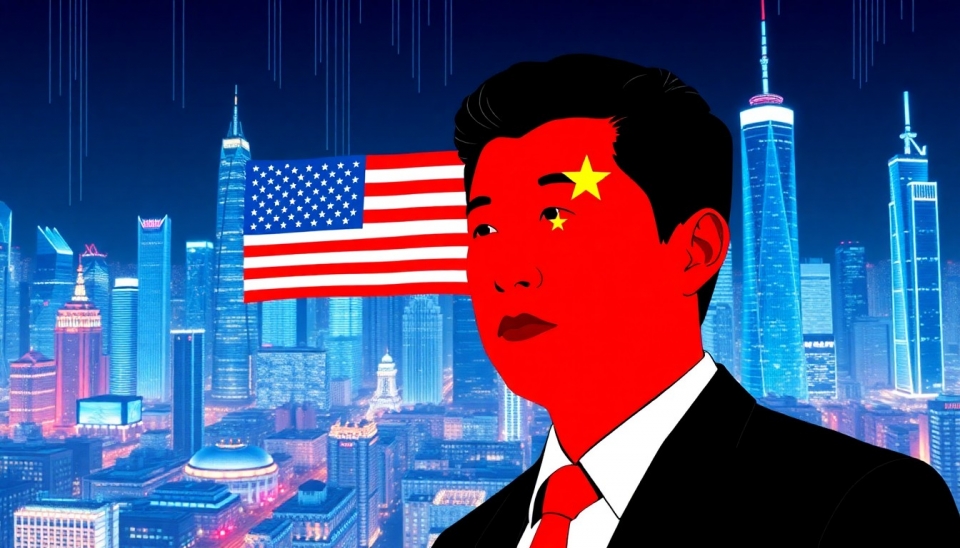
In a significant legal move, a U.S. grand jury has indicted a Chinese technology company over allegations of corporate espionage. This indictment marks a pivotal point in the ongoing tensions between the United States and China, particularly in the realm of technology and intellectual property.
The indictment, which has drawn considerable attention from business leaders and policymakers alike, centers around accusations that the company attempted to steal trade secrets from a U.S. firm involved in semiconductor manufacturing. This case exemplifies the broader narrative currently enveloping the global tech landscape, where concerns regarding espionage, intellectual property theft, and trade imbalances are at the forefront of diplomatic discussions.
According to the official statement from the U.S. Department of Justice, the charges include conspiracy to commit economic espionage and theft of trade secrets. Federal prosecutors asserted that the firm's actions not only jeopardized the U.S. company’s competitive edge but also violated numerous laws designed to safeguard American innovation and technology.
This case is particularly notable given its timing, as it coincides with heightened scrutiny on China’s influence in key industries such as technology and telecommunications. Lawmakers have increasingly raised alarms concerning how foreign entities leverage illicit means to gain advantages in the vibrant U.S. marketplace, and this indictment may intensify calls for more stringent measures to protect domestic companies.
The implications of this indictment extend beyond legal ramifications and spark essential conversations about the future of international business relations. With both the U.S. and Chinese economies being deeply intertwined, any disruptive actions could lead to further diplomatic strain, potentially impacting trade agreements and economic cooperation in various sectors.
In response to the indictment, the Chinese government has issued a strong denunciation, alleging that the charges are an attempt to undermine its technology sector and stifle fair competition. This counter-accusation contributes to the ongoing narrative of mistrust that shadows U.S.-China relations, particularly amidst simultaneous discussions over tariffs and trade policies.
Industry analysts are closely monitoring how this legal case may influence corporate behavior in the tech space. The potential for increased enforcement of intellectual property protections may compel global firms to reevaluate their strategies regarding research and development, as well as their partnerships in foreign markets. The overarching goal remains clear: to safeguard innovation while ensuring conducive environments for fair competition.
As the legal proceedings unfold, stakeholders from both countries will likely remain engaged and observant, as the outcome might redefine the norms of corporate espionage and the protection of intellectual property on a global scale.
In sum, this indictment presents a multifaceted issue, incorporating legal, economic, and diplomatic dimensions that will continue to evolve. It is a compelling reminder of how profoundly interconnected the global economy has become and the need for robust mechanisms to ensure fair play in the competitive arena.
#CorporateEspionage #Technology #IntellectualProperty #USChinaRelations #Semiconductors #TradeSecrets #EconomicEspionage
Author: Emily Collins

